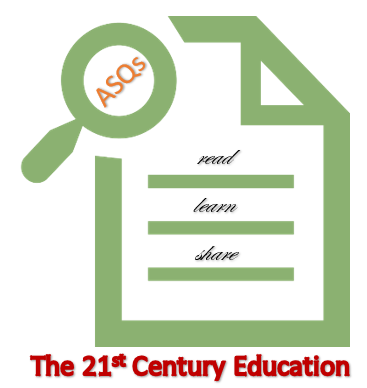
IELTS Speaking is a face-to-face, informal conversation with an IELTS examiner that is the same for Academic and General Training. The test is broken down into three sections and is intended to assess your pronunciation, fluency, grammar, and vocabulary.
Here’s a list of linking words to help you with your IELTS speaking, along with some recommendations and sample responses. To help the examiner follow your ideas and anecdotes, you’ll need some easy linking words and natural phrases when speaking. On the overall, these linking words and signposts are straightforward and casual. IELTS writing is unique in that it necessitates the usage of a variety of linkers.
To speak about additional or more information, you will need to use:

To speak about the past, present, and future you will need to use:

To speak about your own ideas, you will need to use:

To speak about causes and solutions, you will need to use:

To speak about examples, you will need to use:

To speak about something with clarity and clarification, you will need to use:

To speak about contrasting ideas or concessions, you will need to use:

Candidates must understand that linking words cannot be employed in all situations. Linkers are also used differently for IELTS speaking than for IELTS writing. One can use the word “like” when speaking, for instance. On the other hand, in writing assignments, terms like hereby, thus, etc., work nicely.
Additionally, keep in mind that when constructing a phrase, linkers must be natural. An uncomfortable sentence structure will come from inserting a linker in the middle of a sentence.
IELTS Linkers for Writing Task 1
Candidates are typically given visual information for IELTS writing task 1. IELTS essay linking terms are useful for this task since they:
- Outlining the change from one visual’s explanation to the next and contrasting the major characteristics of the graphs
- highlighting or pointing out crucial components of the images
IELTS Linkers for Writing Task 2
Candidates must prepare an essay in response to a question or a statement for the second activity. For task 2, linking words are helpful in:
- Changing from one paragraph to another
- expressing an opinion and providing justifications and examples
- describing the effects and/or circumstances of various scenarios
